What do we call a scientist who studies rocks and the Earth?
*hint* Gerry is one of these!
What is a GEOLOGIST
What do we call MAGMA once it reaches the surface of the Earth?
What is LAVA?
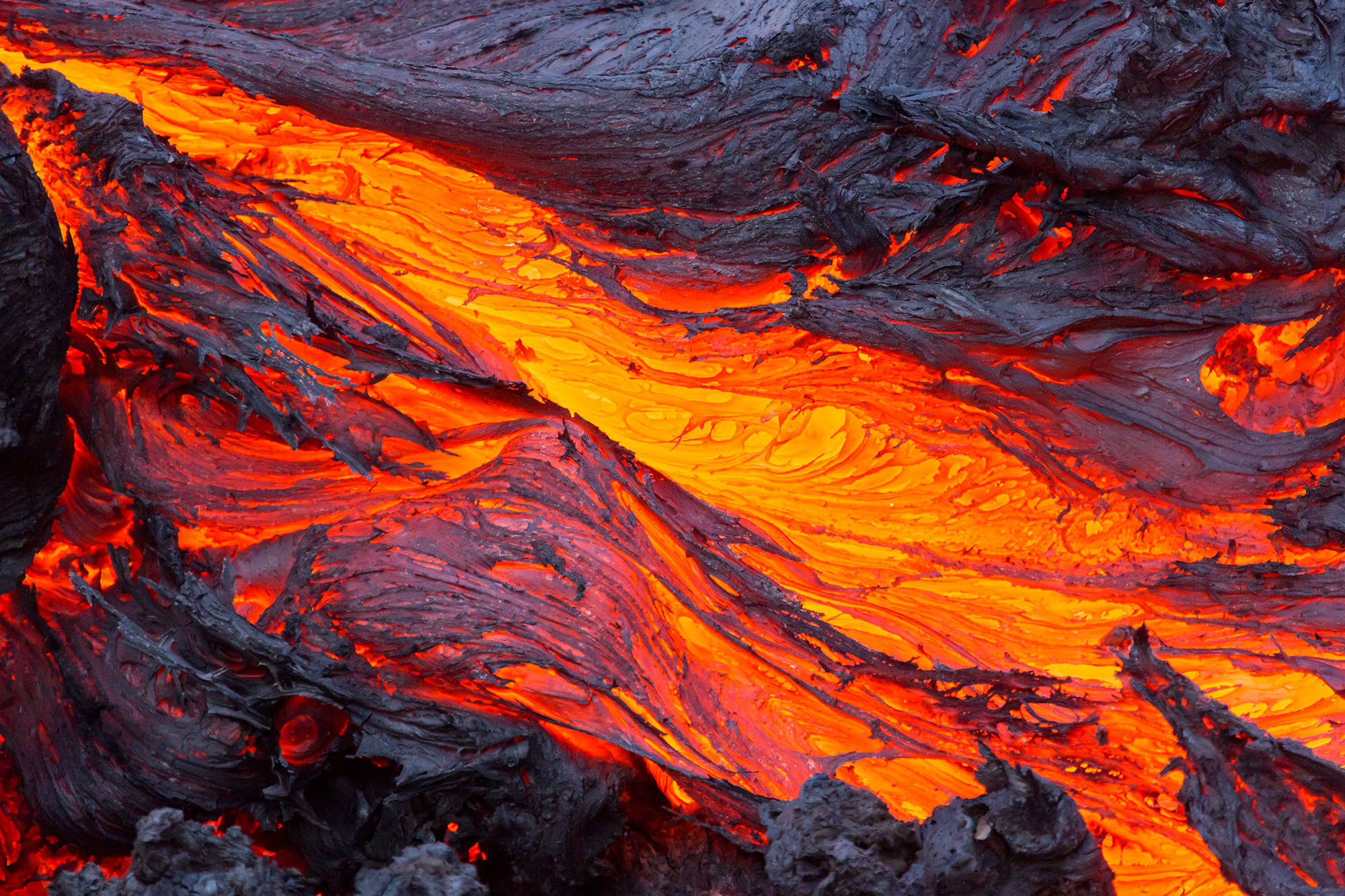
What THREE factors are important in the formation of rocks?
What is HEAT, PRESSURE & TIME
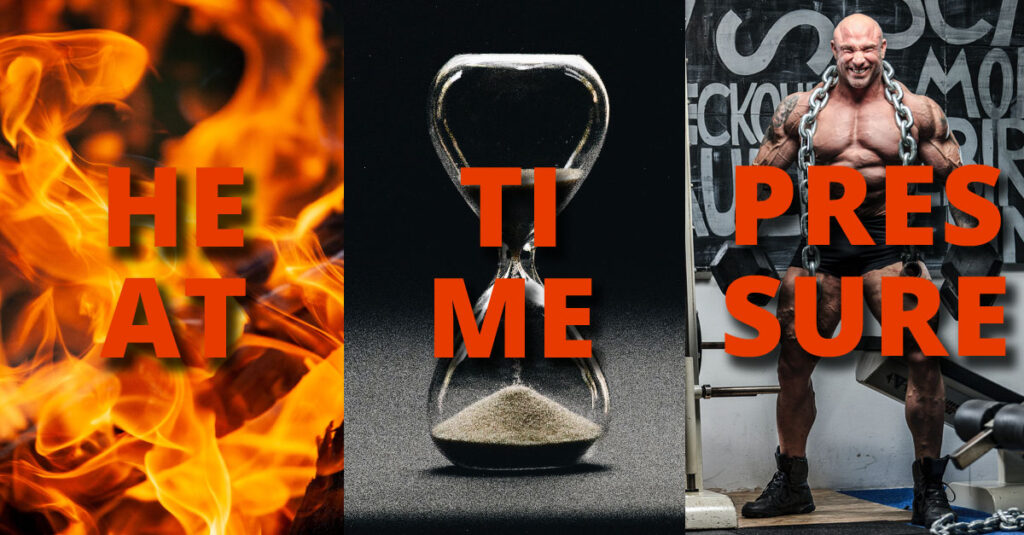
One of the largest and most fearsome dinosaurs to walk the Earth.
What is a TREX!

The shape of the Earth.
What is a SPHERE.

The invisible line dividing the Earth into 2 equal parts.
What is THE EQUATOR? 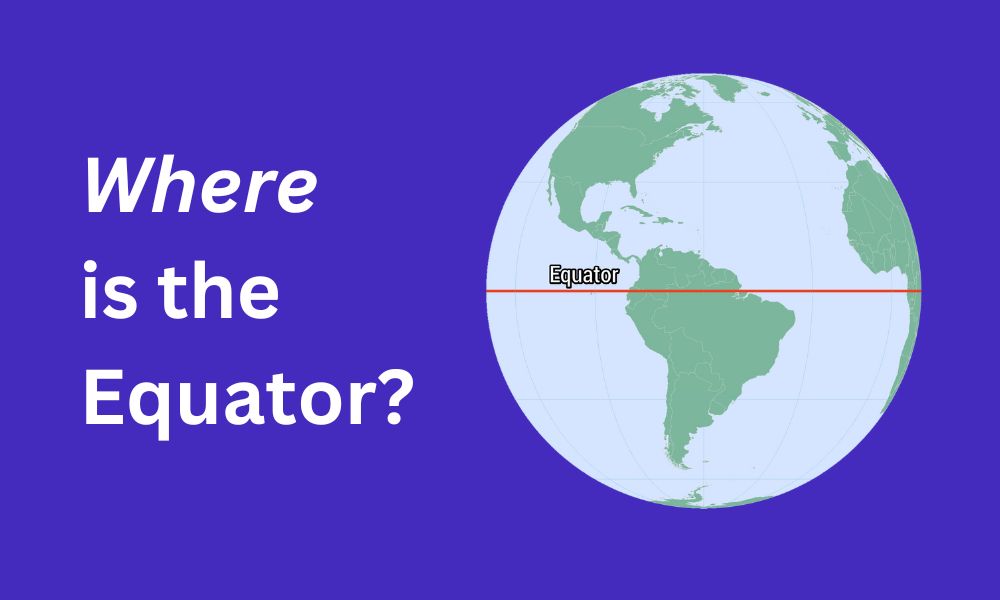
Are all volcanoes active?
NO. Many volcanoes are dormant or extinct.
This rock type is formed in layers and pressure is the the most important factor in it's formation.
What is SEDIMENTARY?

This ancient creature is more closely related to crabs and lobsters. We have fossils of this creature that are over 550 million years old.
What is a TRILOBITE.

Name the three states of matter: Solid, ___ & ___.
Liquid & Gas
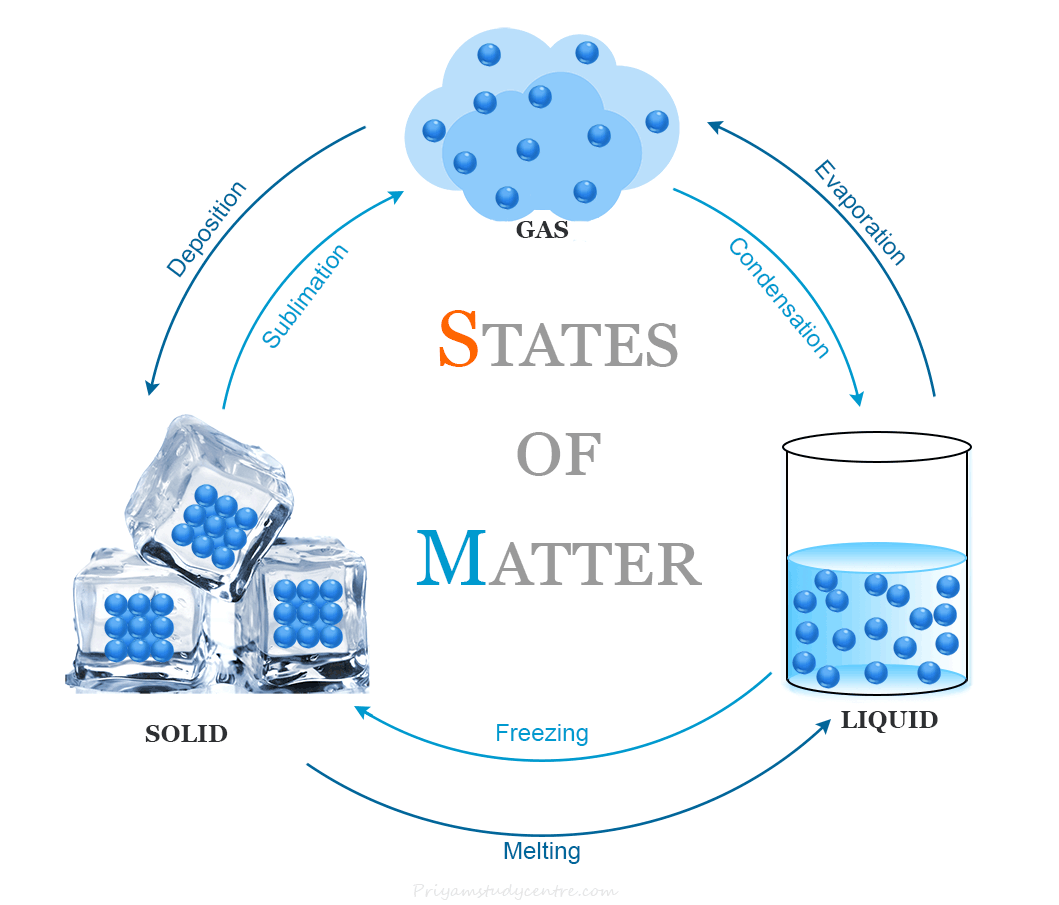
This layer of the Earth is made of hot, melted rock called Magma.
What is THE MANTLE

The name of the famous geyser located in Yellowstone National Park?
What is OLD FAITHFUL?

This is an example of Igneous Rock. It was often used to make spearheads or arrowheads.
What is OBSIDIAN or VOLCANIC GLASS.

What scientists think caused the extinction of the dinosaurs?
A METEORITE hitting the Earth. 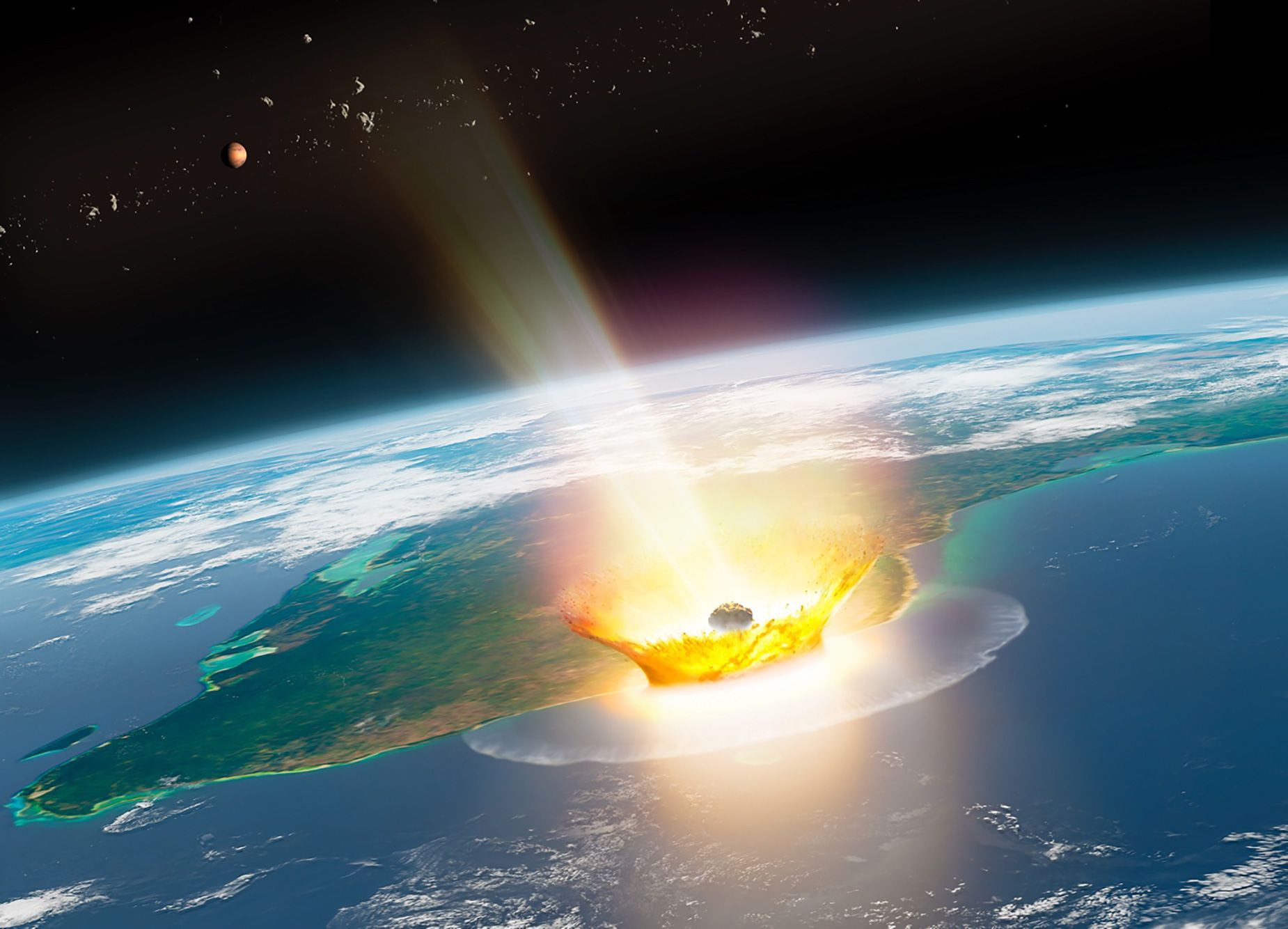
Name a MINERAL we use everyday in cooking.
What is SALT.

Our Earth is made of water & land. The water is called OCEAN, the land we call _____________.
What are CONTINENTS? 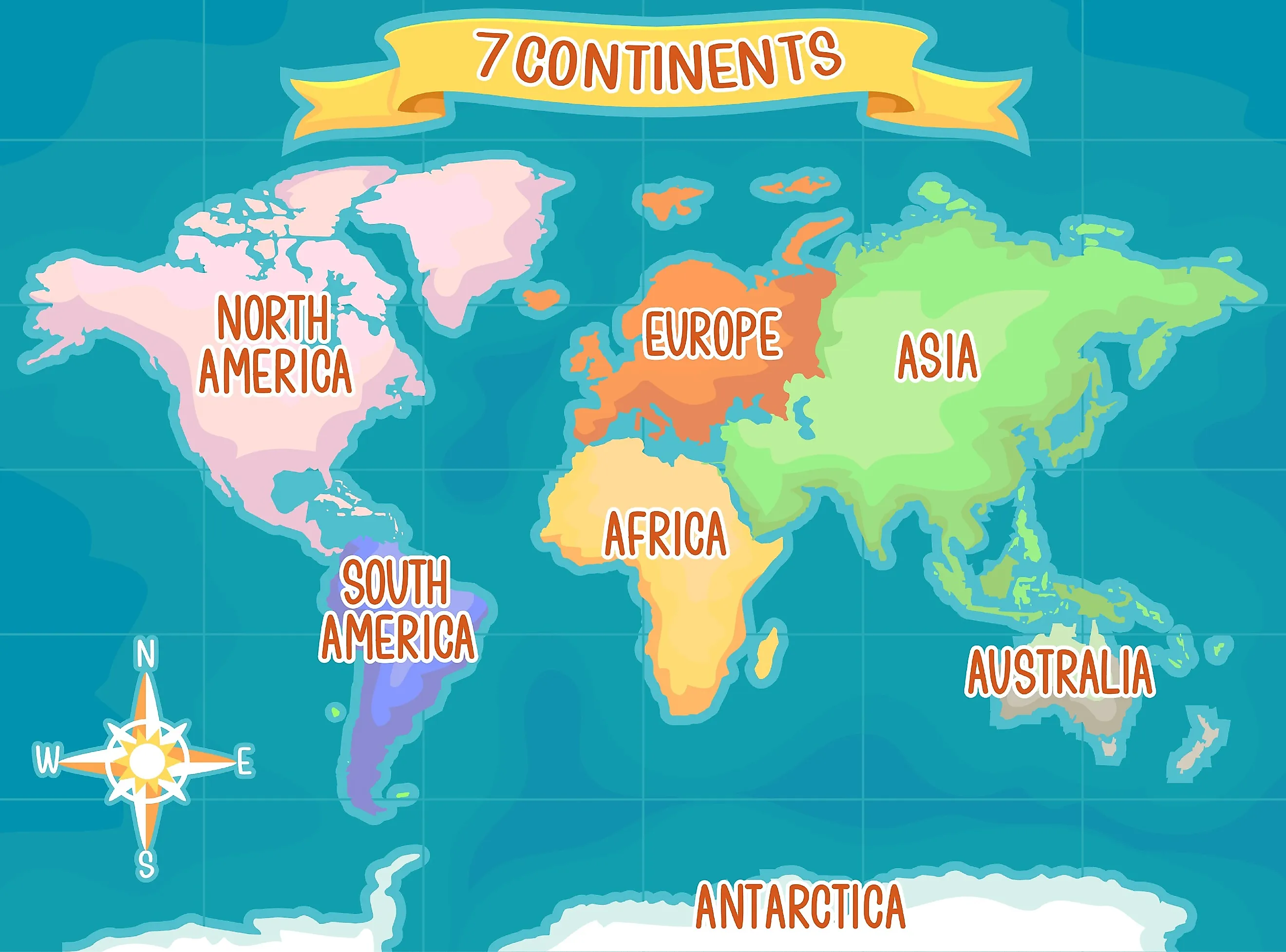
A place in the world where there is continuous volcanic activity?
*hint* Hawaii is one of these places
What is a HOT SPOT?
This mineral is formed with extreme pressure on carbon. It is the hardest mineral on Earth.
What is a DIAMOND?
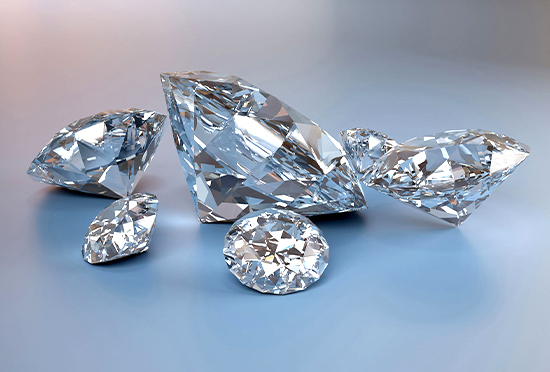
What does the word excavate mean? Use it in a sentence.
To dig up.
e.g. Paleontologists excavate dinosaur bones buried millions of years ago.

Why are TETRAPODS important to history of the Earth?
Tetrapods are AMPHIBIANS that show us the transition of animals moving from the oceans to land.
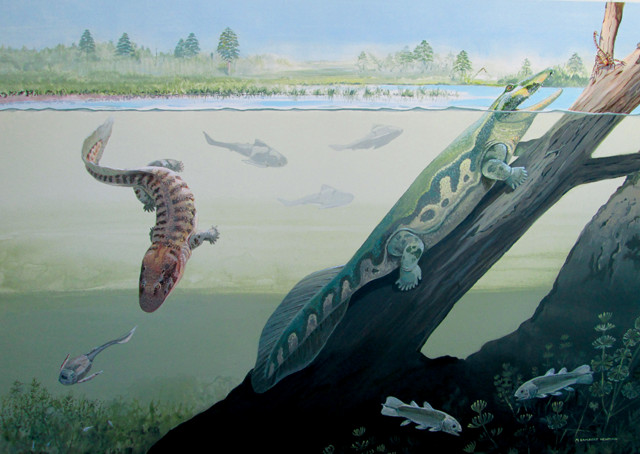
EXPLAIN: The center of our Earth (the inner core) is a solid metal ball. Why?
EXTREME PRESSURE from the weight of the Earth above it keeps the metal from melting.
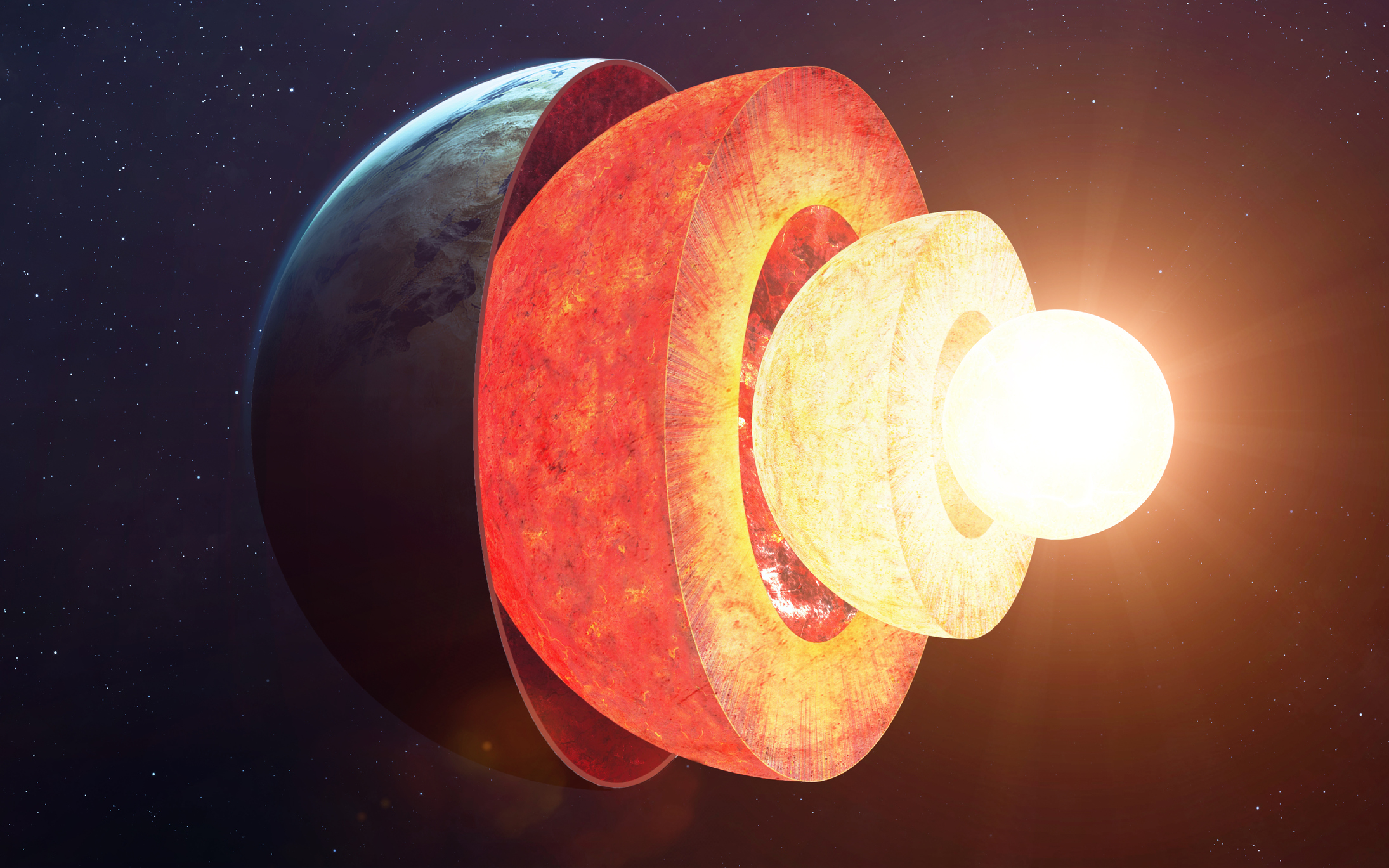
EXPLAIN: How are a VOLCANO and a GEYSER similar? How are they different?
Volcanoes and geysers are both eruptions caused by heat and pressure inside the earth and they are both over hot spots.
They are different because a volcano is an eruption of lava, ash, and gas, whereas a geyser is an eruption of steam and hot water.
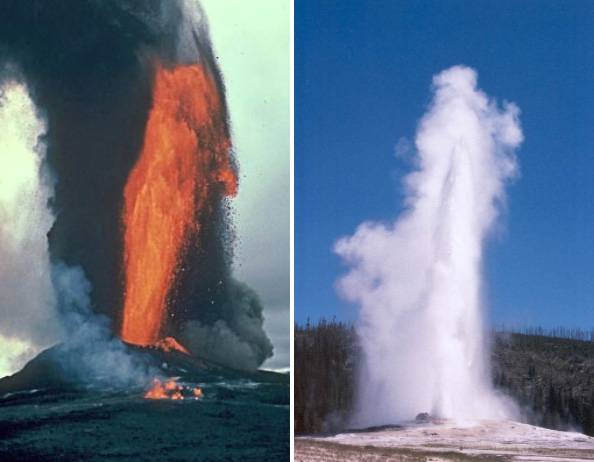
EXPLAIN: How are the 3 types of rocks similar? How are the 3 types of rocks different?
The three types of rocks are similar because they are all found in the earth, they are all formed over time, and they all help scientists study the history of the earth.
The three types of rocks are formed differently. Igneous rocks are formed when magma or lava cools and hardens. Sedimentary rocks are formed when layers of sediments are pressed together over time. Metamorphic rocks are formed when other types of rocks undergo intense heat and pressure

EXPLAIN: Do we know what dinosaurs looked like? How?
Paleontologists use excavated dinosaur bones to try and determine what many dinosaurs may have looked like
Would you rather be a GEOLOGIST or a PALEONTOLOGIST? Why?
Open Answer!